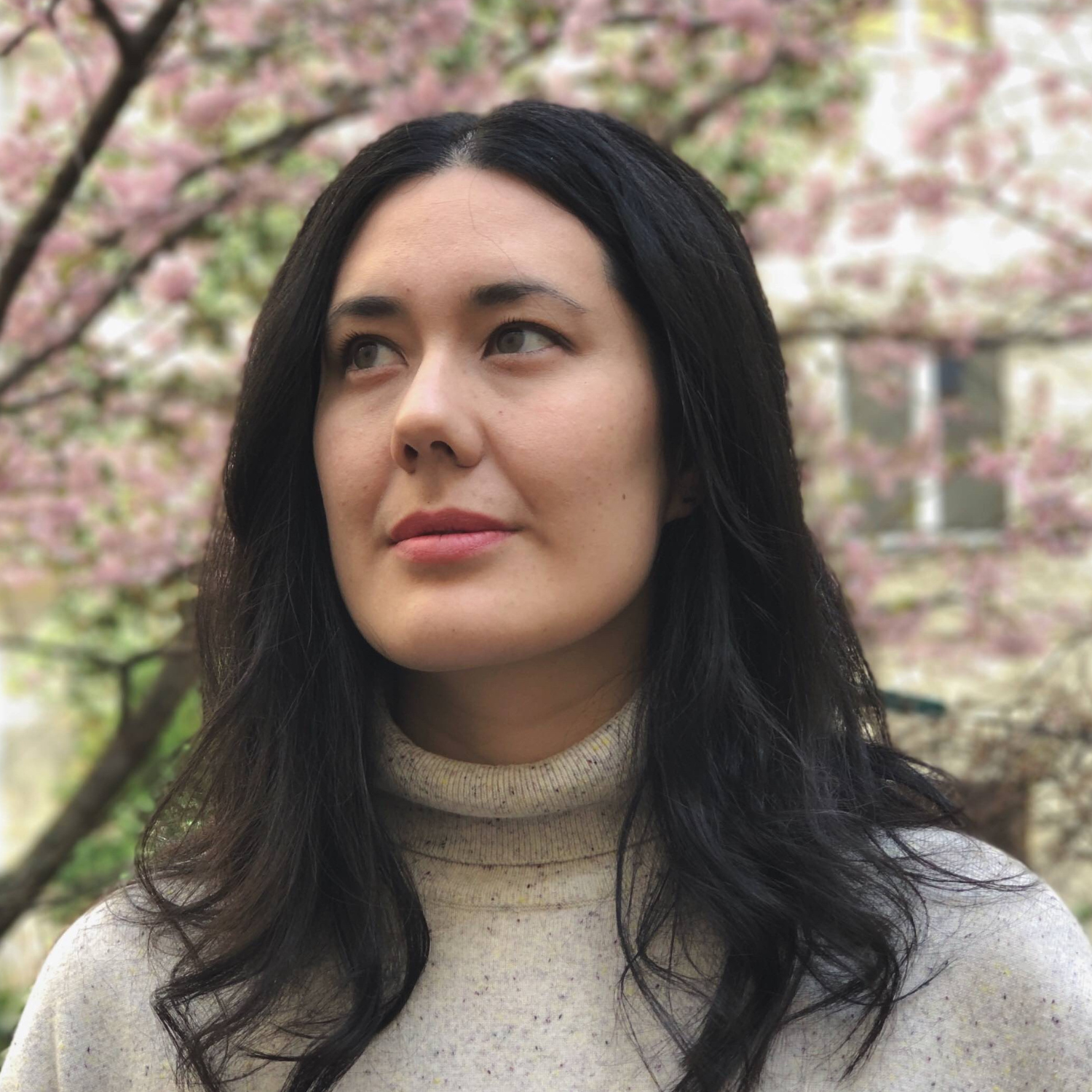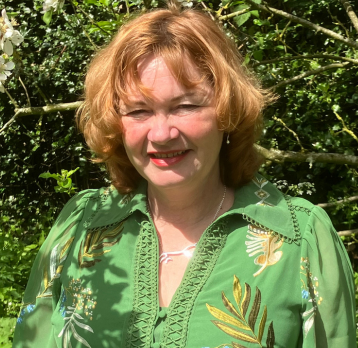Writing Nature Workshop

Course Information
Where: Online
Date: TBA
Duration: 8 weeks
Skill level: Intermediate
Frequency: Weekly
Sessions: 7
Price: £1,000
Payment plans available
Register your interest to be notified when applications reopen.
Rewilding Language
What is the role of the nature writer today? Drawing on non-fiction, fiction and poetry from the Granta archive and beyond, we’ll examine the roots and possibilities of nature writing in its broadest sense. We’ll ask how nature writing from the past can help us face an environment in crisis, and how we can approach the world with wonder even as we write with grief, anger and hope.
Over eight weeks, you’ll develop a 3,000-word piece of nature writing. Through a combination of lectures, podcasts, short written assignments, guest talks and group Zooms, we’ll trace the evolution of the genre from pastoral traditions to poetic memoirs, and draw out tools for our own writing practices.
You’ll be given a free one-year digital subscription to Granta magazine, as well as access to curated extracts from Granta books, and the magazine, podcast and video archive. Throughout the course there is insight from guest authors and Granta staff.
You’ll finish the course with a sense of where nature writing has been and where you – and your voice – might take it.
Entry is by application to ensure you get the most out of the course. Answers to commonly asked questions can be found in the Frequently Asked Questions page.
Course completion opens up our Alumni Space, which provides ongoing access to industry professionals, including authors, Granta editors and literary agents.
Video | Jessica J. Lee
If nature is not only in the pristine wilderness, Jessica asks, but in our cities, our bodies and ways of living, what does this mean for the nature writer?
Jessica J. Lee | on Nature
I’m Jessica J. Lee. I’m the author of Two Trees Make a Forest and Turning, and I’m the Course Director for Granta’s Writing Nature Course.
I think I’ve been kind of preoccupied with this question of nature and environment for a really long time. You know, what is it, how do we protect it on a planet in crisis?
For me, I grew up in the suburbs, and then as an adult, always lived in really big cities. And so I really resisted this idea of nature as just wilderness that’s out there and beyond the horizon and inaccessible to a lot of us. I had this feeling that nature had to be something that was more familiar and every day, that it was something we encountered in our cities amidst the built environment and in scrappy patches that we’d left behind.
Nature is something we encounter within ourselves, in our bodies, in all the things we live with. So for me, nature writing is really about how we attend to that embeddedness of the natural world. It’s not something that’s dichotomous and out there and far away from us and in opposition to us, but something we live with that’s really a part of us.
How does nature writing grapple with this entanglement of ourselves, our bodies, and everything that surrounds us? I think this is a really complex moment for us as nature writers because the stakes just feel really, really high. We’re talking about the political stakes of nature writing, how we write amidst climate change. It’s a lot of stuff that I think in many ways feels too big to hold, too big for us to sort of close down and lock down in a single piece of writing. But I think one of the great things about nature writing and about a course like this is that we can write in conversation with others.
We don’t need to have all the answers, but rather hold the discomfort that we’re feeling and bring that into the conversation. Write towards one another and engage with the tradition that has come before us and those you’re writing alongside. We don’t all have to have all the answers, but rather contribute our voices to this conversation where there’s just a lot at stake.
Course Syllabus
What do we mean when we talk about nature? And what do we mean by nature writing? In this session, we’ll explore the origins of the genre – from Pastoral and Romantic traditions to the resurgence of ‘new nature writing’ in the twenty-first century and beyond. We’ll examine why – and how – we hope to engage with nature in our own writing practice.
There will be a group Zoom with your tutor.
Who gets to write about nature? And why does this matter? In this session we’ll look at the range of perspectives nature writing may include, asking how broadening our understanding of the genre can help foster a richer and more just future for both humans and nature. How do we decide which things are worth recording and which things to leave out? We’ll experiment with points of view in our writing in order to notice things we may not have before.
How can we become more observant of the natural world? In this session we’ll explore techniques for connecting not just with our senses but with the ways we are entwined with places. From writing out in the field to drawing on scientific and artistic modes of engaging with the world, we’ll develop skills for sensing the natural world in detail and determining how much of that detail makes its way to the page.
What shape might a journey in nature take? How can we capture the vastness of deep time, the ongoing legacies of colonial conquest and the present reality of the climate crisis? From the hero’s quest to more meditative contemporary forms, we’ll examine how our decisions about narrative and scale can help us to reimagine what nature writing looks like.
There will be a Zoom Q&A with a guest author.
How do we see ourselves as nature writers? Is our primary job to bear witness to a world soon to be lost or to agitate for change? In this session, we’ll ask how emotions – from grief to rage to hope – might serve us in our writing, and how we can balance feelings with knowledge on the page.
In this session we’ll dive deep on structure, craft techniques and editing practices. We’ll look to the natural world to inspire how we might shape our pieces of writing and ask how we encourage flexibility in our writing routines.
There will be a group Zoom with your tutor.
No formal exercises, extracts or videos. This fortnight-long session is dedicated to focusing on getting down to write and apply the lessons studied over the course. There’s information on next steps, ways to get your work noticed, and Granta’s submission process.
At the end of the session, you’re invited to submit a finished 3,000-word piece of nature writing which your tutor will give feedback on.
There will be a live Q&A with a Granta editor in the last week of the course.
Throughout the course, enjoy exclusive video interviews, podcasts and transcripts of conversations between editors and authors including Isabella Tree, Nina Mingya Powles, Nicola Chester, Adam Weymouth, Jason Allen-Paisant, Jennifer Kabat, Cal Flyn and Rebecca Tamás.
You will also be able to attend live Zoom Q&As with publishing industry guests during the eight weeks. Previous guests include author Sabrina Imbler, Deputy Editor of Granta Luke Neima, author Michael Malay and literary agent Matthew Marland.
This course requires up to 10 hours of study per week. Find out more about the course and teaching method from our education partners Professional Writing Academy.
Jessica J. Lee | Course Director

Jessica J. Lee is the founding editor of the Willowherb Review, author of Two Trees Make a Forest and a Faculty Mentor on the MFA in Creative Nonfiction at the University of King’s College. She is a contributor to Granta magazine.
I’m thrilled to have been invited to course direct Granta’s nature writing workshop, at a moment when the genre is coming to grips with environmental crises and their uneven effects. This course will support writers in finding their voice in this landscape, ultimately developing work that engages with what it means to write about the nature in the twenty-first century.
Nicola Chester | Course Tutor

Nicola Chester is the Award Winning author of On Gallows Down, as well as a Guardian Country Diarist and columnist for the RSPB and BBC Countryfile Magazine. An 'imperfect activist' for community, climate and nature, she also writes about rural matters, and her work appears in several other publications and anthologies. Nicola is one of the judges of the inaugural Climate Fiction Prize, 2025 and a former School Librarian. She is a long-term tenant in a farmworkers’ cottage in the North Wessex Downs and her new book, Ghosts of the Farm, is due out Autumn 2025.
Testimonials
Thank you to Jessica for taking so much time with my work and for giving so much of herself to this experience. I learned and pondered so much along the way and treasured this beautiful space that we materialized, all of which Jessica held with such gracious care.
I really felt we were all gathered around an enormous kitchen table with a big pot of chai on the stove and a great many books, muddy boots, devices, tools, vegetables, herbs, flowers scattered about. It had been warm all day and now it was about to rain.
This course has...reassured me that there are multiple avenues for the social and political, and we are all sense-making creatures that turn our feelings into art to share. This course has helped me learn how to query material and literature in a way that services my art, too. I feel a much more grown-up nature writer now - whatever that still is.